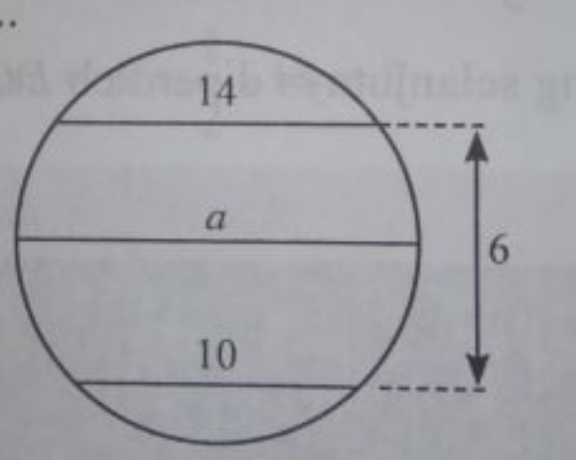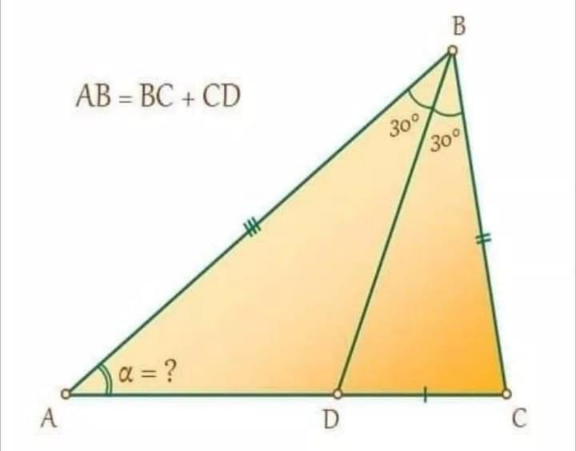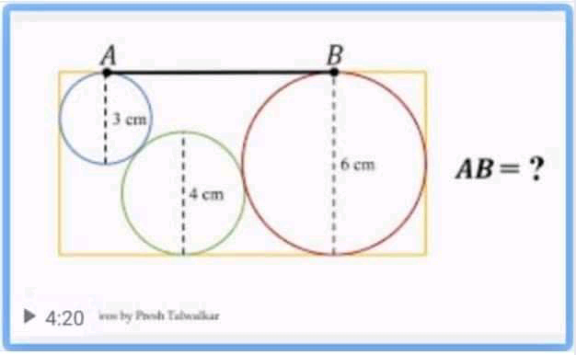
AllQuestion and Answers: Page 551
Question Number 165070 Answers: 1 Comments: 0

Question Number 165068 Answers: 0 Comments: 1

Question Number 165063 Answers: 1 Comments: 1
$$\:{lim}_{{x}\rightarrow\mathrm{0}} \frac{{x}^{{tanx}} −{cosx}}{{x}^{{sinx}} −{e}^{{x}} } \\ $$
Question Number 165057 Answers: 1 Comments: 1

Question Number 165054 Answers: 1 Comments: 0

Question Number 165060 Answers: 1 Comments: 0
Question Number 165044 Answers: 0 Comments: 2
Question Number 165010 Answers: 0 Comments: 0
Question Number 165006 Answers: 0 Comments: 1

Question Number 165024 Answers: 1 Comments: 7

Question Number 165021 Answers: 2 Comments: 0
Question Number 165019 Answers: 0 Comments: 0

Question Number 165018 Answers: 0 Comments: 0
$${y}\:=\:\Gamma\left({m}+{n}\right)\: \\ $$$${Find}\:\frac{{dy}}{{dn}} \\ $$
Question Number 165017 Answers: 0 Comments: 0

Question Number 165015 Answers: 2 Comments: 2

Question Number 164996 Answers: 1 Comments: 0

Question Number 164995 Answers: 1 Comments: 0

Question Number 164993 Answers: 1 Comments: 0
$${solve}\:{by}\:{series}\:\int_{\mathrm{0}} ^{\:\infty} \:\frac{{sinx}}{{x}}\:{dx} \\ $$
Question Number 164992 Answers: 0 Comments: 0

Question Number 164991 Answers: 2 Comments: 1
Question Number 164985 Answers: 2 Comments: 0

Question Number 164982 Answers: 0 Comments: 0
Question Number 164984 Answers: 0 Comments: 0

Question Number 164974 Answers: 1 Comments: 0
Question Number 164973 Answers: 1 Comments: 0

Question Number 164970 Answers: 0 Comments: 0
Pg 546 Pg 547 Pg 548 Pg 549 Pg 550 Pg 551 Pg 552 Pg 553 Pg 554 Pg 555
